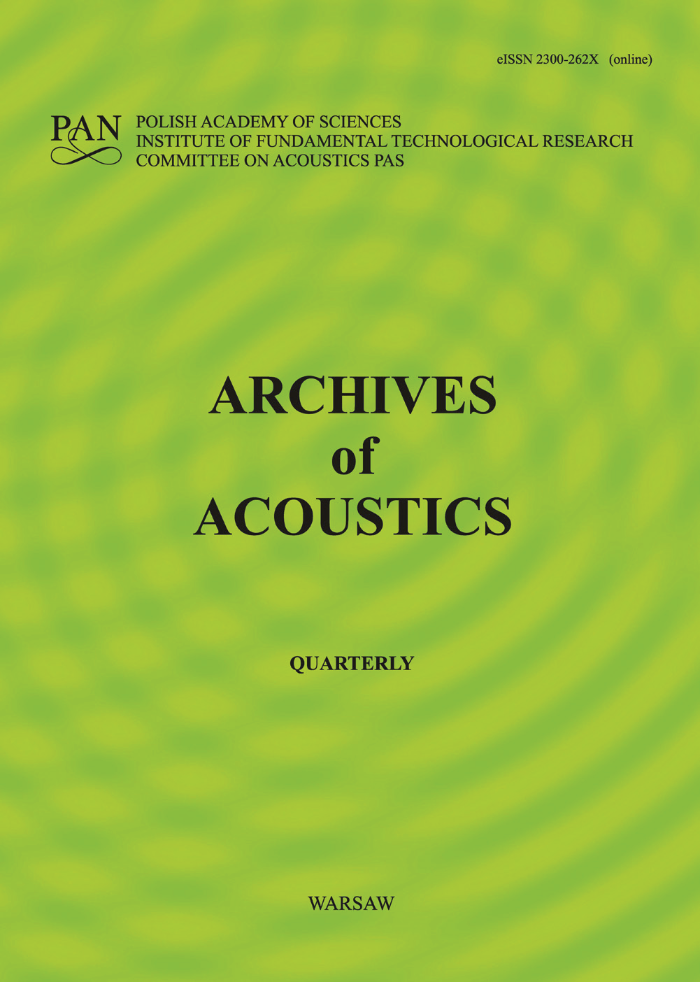Abstract
The aim of the presented work was to train a neural network in order to recognize a class of a chosen musical instrument. As problems related to analysis of sounds are related to human subjective perception abilities, then it seems that such tools of analyses as neural nets should be used for recognition processes. On the other hand, an artificial neural network should not be trained directly with subsequent samples of a sound, thus the feature extraction procedure is needed at first. As, there is no consensus regarding the selection of parameters for feature vector extraction, thus the experiment aimed to check whether calculated parameters are sufficient for creating a set of sound patterns used for neural network training. Some neural nets were investigated in the experiment, they were trained with so-called ELEVEN and FOURTEEN vector types. After the learning procedure was executed, other examples of the previously created database (but not seen by the neural network) were presented to neural nets. Results show that NNs (neural networks) are able to generalize information included in feature vectors. Therefore, when presenting data to NN inputs, there is no problem with variation of parameters within data, and consequently with data clustering, because a NN has the ability to generalize information during the learning phase. In the paper, an analysis of experimental results will be carried on, and conclusions derived from the performed tests will be presented.References
[1] R. TADEUSIEWICZ, Neural Nets, [in Polish], Academic Printing Office RM, Warsaw 1993.
[2] J. MOURJOPOULOS and D. TSOUKALAS, Neural Network Mapping to Subjective Spectra of Music Sounds, 90th AES Conv., Preprint 3064, Paris 1991, J. Audio Eng. Soc. (Abstr), 39, 5 (1991).
[3] B. KOSTEK, Application des reseaux de neurones pour l'analyse de Uarticulation musicale, 3 CFA, 1994, Journal de Physique, 4, 5 (1994).
[4] J. ZURADA J., Artificial Neural Systems, West Publishing Company, St. Paul 1992,
[2] J. MOURJOPOULOS and D. TSOUKALAS, Neural Network Mapping to Subjective Spectra of Music Sounds, 90th AES Conv., Preprint 3064, Paris 1991, J. Audio Eng. Soc. (Abstr), 39, 5 (1991).
[3] B. KOSTEK, Application des reseaux de neurones pour l'analyse de Uarticulation musicale, 3 CFA, 1994, Journal de Physique, 4, 5 (1994).
[4] J. ZURADA J., Artificial Neural Systems, West Publishing Company, St. Paul 1992,


